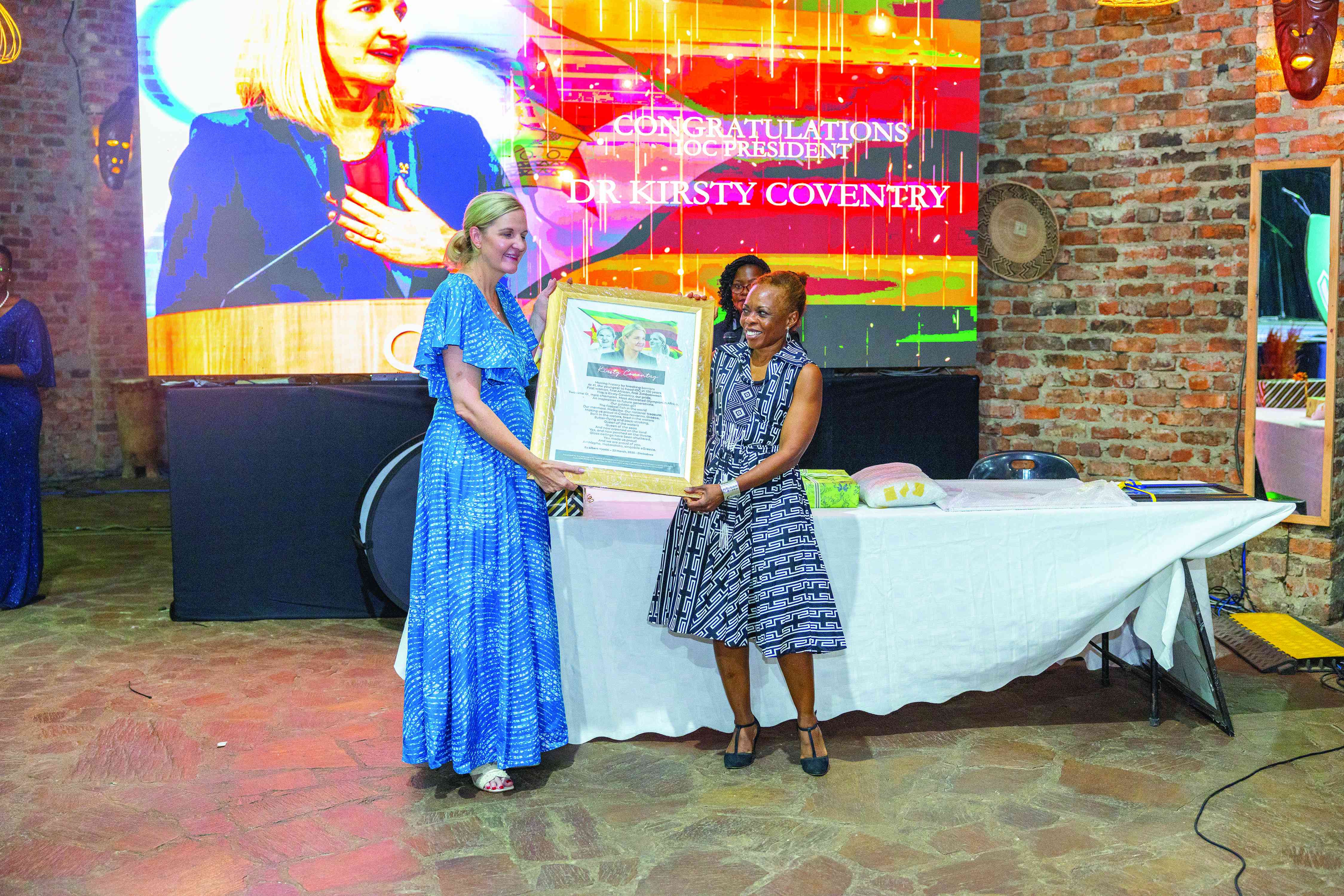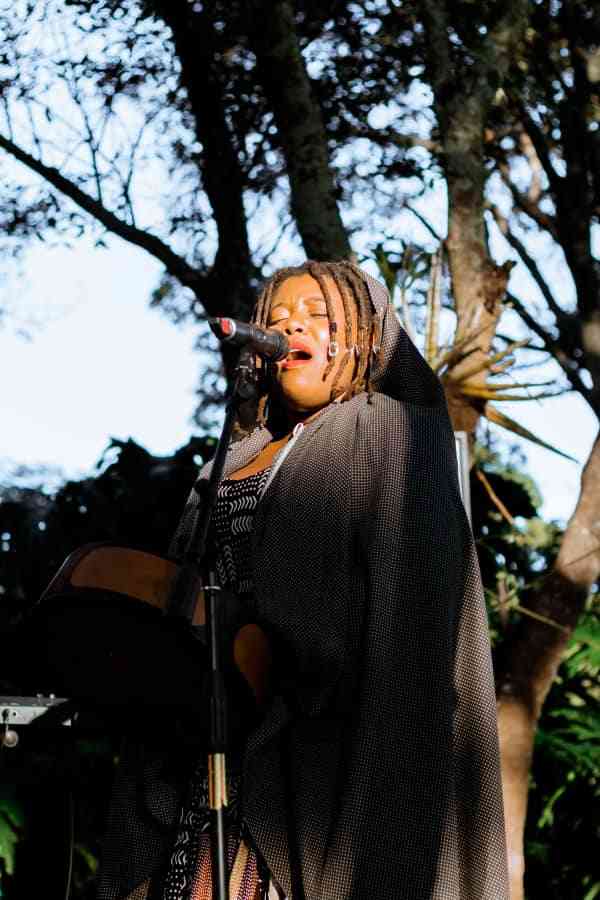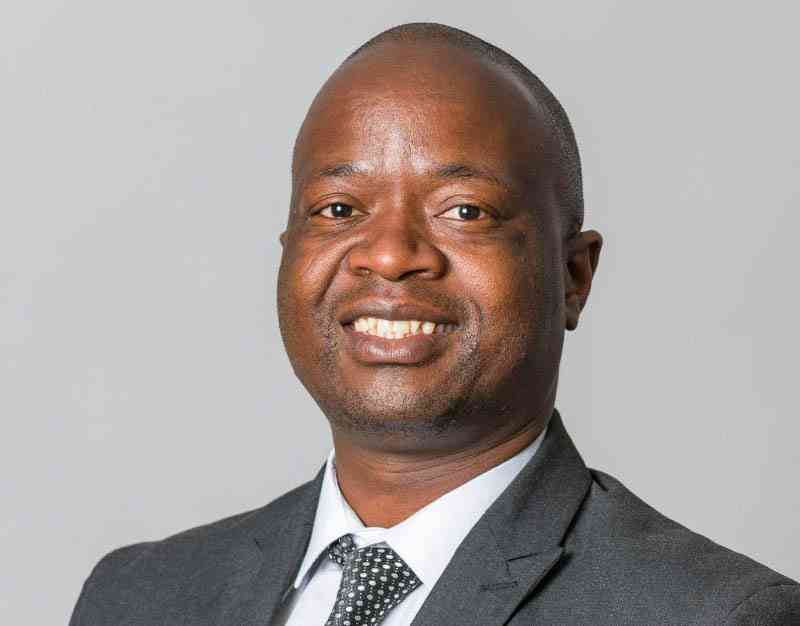
KIRSTY Leigh Coventry is set to make history as the 10th president of the International Olympic Committee (IOC), succeeding Germany’s Thomas Bach on June 23.
Her election marks a pivotal moment for the 130-year-old organisation, as she becomes its first African leader, youngest president at 41, and only the second woman ever appointed to the role.
She secured the presidency with 49 votes after the first round of voting at the 144th IOC Session in Costa Navarino, Greece.
Other candidates included Jordanian prince HRH Prince Feisal Al Hussein, French politician David Lappartient, International Ski and Snowboard Federation president Johan Eliasch, president of the International Federation of Gymnastics Morinari Watanabe, Spanish sports executive Juan Antonio Samaranch Junior, and World Athletics chief Sebastian Coe.
Coventry’s unparalleled record of Olympic achievements has established her as Zimbabwe and Africa’s most decorated Olympian.
This was acknowledged by Anselem Nhamo Sanyatwe, the newly-appointed Minister of Sport, Recreation, Arts and Culture, during a farewell dinner hosted by the ministry on April 2 in Harare to honour the former Olympic swimmer.
The dinner was graced by national cultural and creative industries associations, athletes, and creatives, alongside government officials and members of the diplomatic community.
Notable guests included Deputy Minister of Sport, Recreation, Arts and Culture Emily Jesaya, Permanent Secretary for Sport, Recreation, Arts and Culture Nicholas Moyo, and Sports and Recreation Board chairperson Gerald Mlotshwa.
- Inside sport: Time is running out minister
- Inside sport: Time is running out minister
- Taekwondo instructor Maritsa honoured by IOC
- Arbitration insights: Arbitration in the sporting realm
Keep Reading
Also in attendance were National Gallery of Zimbabwe board chairperson Justice Maphios Cheda, National Arts Council of Zimbabwe chairperson Nozipho Maraire, and Zimbabwe National Boxing and Wrestling Control Board chairperson Vee Clementine Chibanda.
Other distinguished guests included National Gallery of Zimbabwe executive director Raphael Chikukwa and acting chief director of the Ministry of Sport, Recreation, Arts and Culture Biggie Samwanda, among others. Napoleon Nyanhi, director of the National Arts Council of Zimbabwe, served as master of ceremonies alongside Elta Nengomasha, director general of the Sports and Recreation Commission.
Sanyatwe, who was appointed to head the ministry on March 25, said Coventry’s rise to the presidency of the IOC was a tribute to her “exceptional leadership qualities, her profound understanding of the Olympic movement, and her unwavering commitment to the values of excellence.”
The arts fraternity, through their representatives, also took turns on stage to pay glowing tribute.
“This is the biggest soft power that Africa has gained,” Chikukwa said.
Her tenure will oversee major international multi-sport events, including two Summer Olympic Games and two Winter Olympic Games.
The former minister becomes the first African to occupy the top post since it was established by Greek businessman and writer Demetrius Vikelas in 1894.
Previous presidents include Pierre de Coubertin (France), Henri de Baillet-Latour (Belgium), J. Sigfrid Edström (Sweden), Avery Brundage (USA), Michael Morris (Ireland), Juan Antonio Samaranch (Spain), Jacques Rogge (Belgium), and, most recently, Thomas Bach (Germany).
Coventry expressed her excitement and gratitude after being welcomed by staff at Olympic House in Lausanne, Switzerland, this past Monday.
“I am truly very excited about the next eight years and what that looks like for all of us. Part of my campaign was the Ubuntu philosophy of ‘I am because we are’, and that is very much going to be the foundation of everything we do.
“So, I am truly just grateful and honoured to be here and really looking forward to making other nine-year-olds’ dreams come true from around the world.”
She became an IOC athlete member in 2013, later chairing the Athletes’ Commission and serving on the Executive Board from 2018 to 2021. She was elected as an individual member in 2021 and re-elected to the Executive Board in 2023.
The president of the IOC heads the Executive Board, which assumes overall responsibility for the administration of the IOC and the management of its affairs.
The IOC Executive Board consists of the president, four vice-presidents, and ten other IOC members. All board members are elected by the IOC Session through a secret ballot, decided by majority vote.










